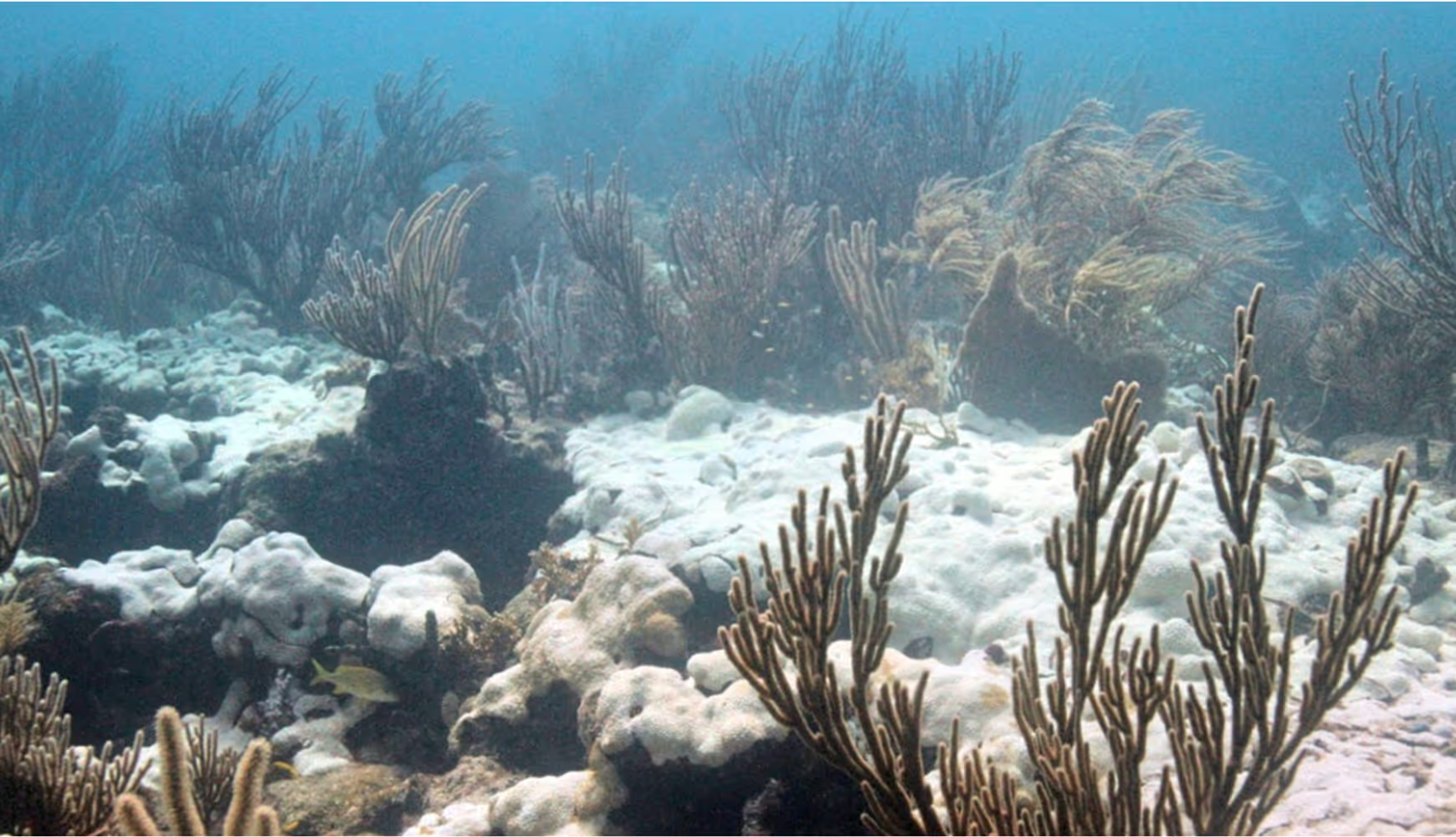
By Chris Spiker From Daily Voice
The head of the United Nations is warning that Earth has officially exceeded the global warming target of 1.5 degrees Celsius, fueling "devastating consequences" from climate change.
UN Secretary-General António Guterres issued the major warning in an exclusive interview with The Guardian published on Monday, Oct. 27. His comments come two weeks before world leaders gather in Brazil for the 2025 UN Climate Change Conference, also known as COP30, on Monday, Nov. 10.
Guterres said humanity has missed the goal of limiting the long-term increase in the planet's average temperature to 1.5 degrees Celsius above pre-industrial levels. The benchmark was established in the Paris climate agreement, which was officially enacted in November 2016.
The alert comes as Hurricane Melissa is expected to be the strongest storm to hit Jamaica in recorded history, with climate scientists saying its explosive strengthening was likely caused by the planet's warmer oceans. On Saturday, Oct. 25, Melissa's winds increased from 70mph to 140mph, one of the fastest one-day intensifications on record in the Atlantic Ocean.
The UN's chief said leaders must act immediately to minimize the destruction from natural disasters fueled by climate change.
"Let's recognize our failure," Guterres told The Guardian. "The truth is that we have failed to avoid an overshooting above 1.5 degrees Celsius in the next few years and that going above 1.5 degrees Celsius has devastating consequences. Some of these devastating consequences are tipping points, be it in the Amazon, be it in Greenland, or western Antarctica or the coral reefs."
Earlier in October, a report warned that warm-water coral reefs are Earth's first ecosystem to pass its climate tipping point. Since 2023, reefs have been experiencing "unprecedented dieback" during the worst bleaching event on record.
Guterres said nations must reduce their use of fossil fuels to avoid other ecosystems from collapsing.
"It is absolutely indispensable to change course in order to make sure that the overshoot is as short as possible and as low in intensity as possible to avoid tipping points like the Amazon," he said. "We don't want to see the Amazon as a savanna, but that is a real risk if we don't change course and if we don't make a dramatic decrease of emissions as soon as possible."
According to a UN report on nationally determined contributions, governments' current climate plans would reduce fossil fuel emissions by just 10% by 2035 compared to 2019 levels. That's just a fraction of the 60% reduction needed to stay within 1.5°C, according to Guterres.
President Donald Trump withdrew the US from the Paris agreement immediately after returning to office in January, repeating a move at the start of his first term in 2017. In February 2021, then-President Joe Biden returned the nation to the landmark global accord, but Trump has pushed for expanding fossil fuel use while rejecting renewable energy projects.
Fewer than a third of the nations that signed the Paris agreement have submitted updated climate plans. China has been accused of undercommitting, while the European Union hasn't shown that it has delivered on its promises.
While the past decade has been Earth's hottest in recorded history, Guterres said leaders still have an opportunity to limit the suffering for humanity.
"The alternative is a free-for-all and we know what free for all means," he said. "Free for all means that there will be a small privileged elite, people and companies that will be able to always protect themselves, even if disasters will spread. Floods will spread, communities will be destroyed, but there will always be a group of rich people and rich companies that will be able to protect themselves as the planet is being progressively destroyed."
- Offshore Wind Developer Slashes 2K Jobs As Trump Fights Northeast Projects
- Nearly Half Of Americans Now Breathing Unhealthy Air, New Study Says
- Northeast States Among Greenest In US — And It Could Save You Money, Study Says
- More Than 1 Million Face Coastal Flood Risks By 2050 In Northeast, Mid-Atlantic: Study
Guterres, whose term will finish at the end of 2026, said he wished he had made climate change a bigger priority when he was elected Secretary-General in 2016, but is focusing on it as his final year approaches.
"I will never give up on my commitment to climate action, on my commitment to biodiversity, on my commitment to the protection of nature, on my commitment to help and support all the democratic movements that around the world are fighting and fighting hard to preserve the most precious possession that we have, which is our mother nature," he said.
Guterres also called for stronger representation of Indigenous communities at COP30, which will end on Friday, Nov. 21.

 Daily Voice
Daily Voice

 Fox 26 Liberty County
Fox 26 Liberty County ABC13
ABC13 FOX 26 Houston
FOX 26 Houston KHOU 11 Texas
KHOU 11 Texas Breitbart News
Breitbart News Reform Austin
Reform Austin KWTX News 10
KWTX News 10 Community Impact Newspaper
Community Impact Newspaper Click2Houston
Click2Houston @MSNBC Video
@MSNBC Video